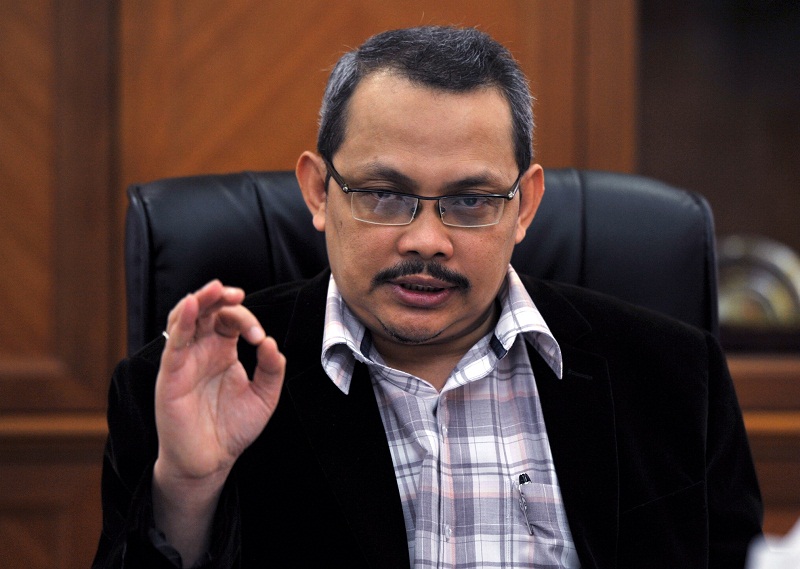KUALA LUMPUR, Oct 1 — There is no need for a new government department to promote integrity as the Malaysian Anti-Corruption Commission (MACC) itself already plays similar roles such as preventing corruption, its chief commissioner said.
MACC chief Tan Sri Dzulkifli Ahmad said setting up the National Integrity and Good Governance Department (JITN) would only be a waste of funds as it would possibly overlap the functions of existing agencies like MACC, the Human Rights Commission of Malaysia (Suhakam) and the Malaysian Institute of Integrity.
Dzulkifli specifically highlighted Sections 7(c), 7(d) and 7(e) of the Malaysian Anti-Corruption Commission Act which elaborated on some of the MACC officers’ functions.
Under Section 7(c), the MACC is tasked with examining public bodies’ practices, systems and procedures to help discover corruption offences and to also ensure that such procedures which may be conducive to corruption are revised; while Section 7(d) requires the MACC to instruct, advise and assist anyone upon their request on ways they can eliminate corruption.
Section 7(e) requires the MACC to advise heads of public bodies on any changes to their practices, systems or procedures that the MACC chief thinks would be necessary to reduce the likelihood of corruption happening.
“Therefore MACC’s function under Act 694 is very clear from the aspect of prevention and monitoring the administration of public bodies and has performed very well. On July 25, the Prime Minister in his keynote speech in Invest Malaysia Kuala Lumpur’s launch, had also given recognition and honour to MACC,” he said in a response published by local daily Utusan Malaysia today.
Dzulkifli also noted that the prime minister had announced that the government had agreed in principle to forming the Integrity and Administration Units in all government-linked companies, states and business entities belonging to the government.
“This recognition is because the existing integrity units in public bodies under MACC’s supervision have carried out their duties so well to the extent that its existence is believed to be able to increase the confidence of foreign investors and the business community towards Malaysia,” he said.
“Therefore, I feel that there is no need to continue the formation of JITN as mentioned by Paul,” he said, referring to minister Datuk Paul Low.
Dzulkifli said it would be better for the government to focus on increasing the MACC’s current manpower strength of 2,100 personnel.
He said MACC was facing serious manpower shortage, noting that the government’s 2012 nod for an annual recruitment of 150 MACC personnel until it has a workforce of 5,000 was not possible due to funds shortage.
Low, a minister in the Prime Minister’s Department in charge of integrity, good governance and human rights compliance, recently said the Cabinet had in July 28 approved the upgrading of his division into JITN.
Low had on Thursday told Malay Mail Online that it would not cost much to set up JITN and that the department was necessary to institutionalise integrity promotion efforts. He also insisted that JITN would play a complementary role to other existing bodies promoting integrity and human rights compliance.
Low had also said the Public Service Department is currently finalising the setting up of JITN in consultation with all agencies to ensure there will not be duplication in function and to optimise use of resources and manpower



















